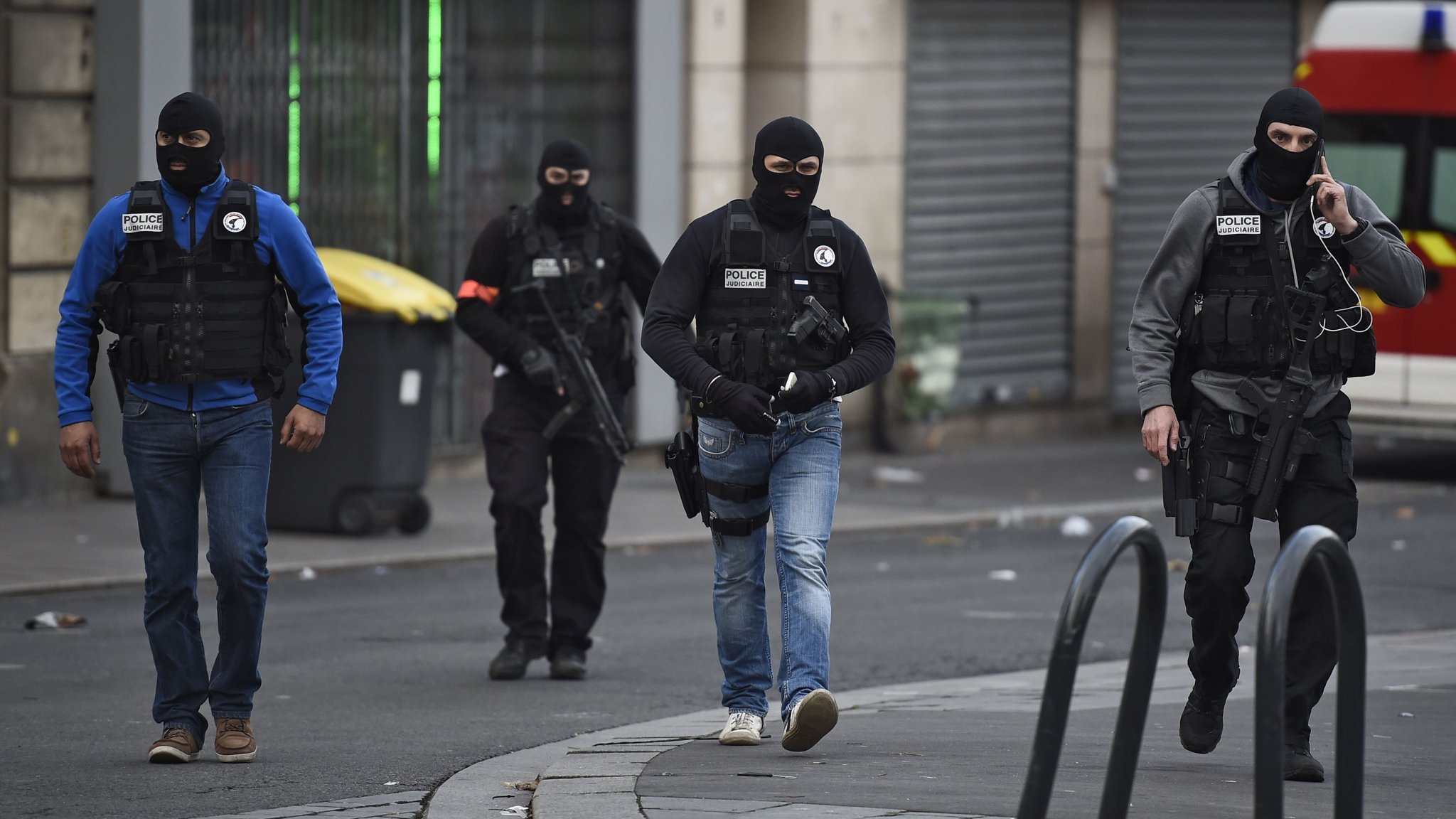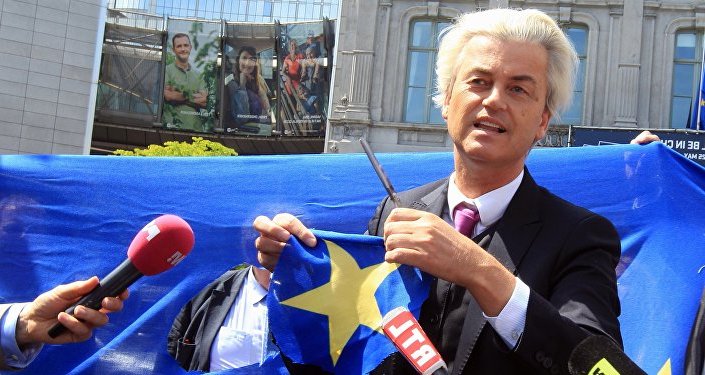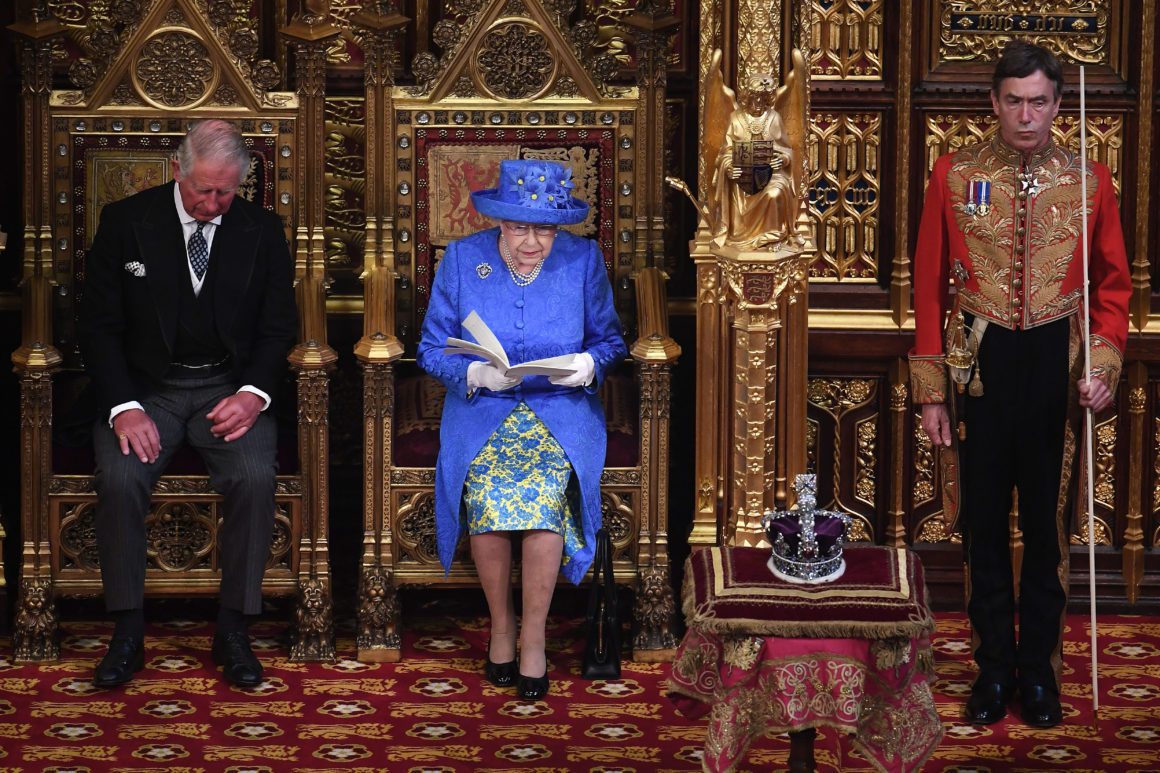
Having witnessed a week of terrorism, the calls for security in Europe rise high once again. In the middle of the biggest refugee crisis since the end of World War 2, Islamistic terrorism strikes in France again, within a single year. Panic high, security measures enforced, uncertainty rising, combined with the imminent fear that it might happen again anywhere, anytime. Europe is paralysed and does not know how to act or how to respond.
November 13, 2015 – yet another date that marks a horrendous terrorist attack against the Western world. For Paris, it was the second heavy attack after January this year with the attacks on the editorials of “Charlie Hebdo”. But this time, it was a well-coordinated and multi-target attack, on a Friday evening, hitting the places where people hang out for their well-deserved weekend. Unlike Charlie Hebdo, it was the broad public that was hit last Friday, 130 people were killed. The day after the attacks, President Francois Hollande announced that France was at war – a state of emergency was declared, Paris is paralysed, police and military all over the city.
A Dead Give-Away for the Right Wingers
In the midst of the refugee crisis, the Paris attacks came at a rather bad timing. Shortly after the attack, Poland already announced that it will no longer participate in the refugee relocation quotas of the EU, and other right wing politicians will surely use the incidents as a proof for their restrictive migration and asylum policies. Even Germany, up to now the most open of all EU member states, is considering quotas and harsher immigration rules, uncertain of what to do in the view of the new security threats. More than that, xenophobic tendencies will increase from now on, as the attacks will be closely linked to the refugee crisis and the assumption that terrorist use the uncontrolled refugee movements towards Europe to silently and undiscovered infiltrate Europe.
Although the assumption seems justified – since one of the perpetrators came to France as a registered Syrian refugee through Greece – it is a catastrophically dangerous accusation to suspect any trespassing refugee as a potential terrorist. Panic reactions all through Europe undermine common sense of humanitarian assistance to refugees who actually seek a safe haven from ISIS terror in Syria and Iraq and now found themselves in an environment of increasing hostility, suspicion, and wrong accusations – disregarding the fact that even Europe is not safe from ISIS terrorist attacks.
Nevertheless, a public reaction to the attacks will presumably end in increasing xenophobia, probably even racism and rejection of the existing migration and refugee laws and national interests will prevail against common European strategies. As national self-defence and security rises, the EU member states are reconsidering their own internal security policies.
Towards a Military Government State
Last week, the French National Assembly has granted an extension of the state of emergency for another three months, allowing authorities a huge range of power. Such a decision gives the police powers including the ability to keep people in their homes without trial, searching the homes of people without a warrant from a judge, and the power to block any website that is deemed a security problem. In a state with a functioning rule of law, such powers granted to the police and any security authority lead to an imminent fear that the days of a democratic system our generations have been grown up in might be numbered and that from now on, security will outweigh the general principles of freedom.
With police and military now visibly present all over Paris and other major French cities, discussion run high if the armed forces should actively be used for overall law and order enforcement, and even as a sheer deterrence at strategic key points to demonstrate martial presence.
While other countries like the US and Russia already use the armed forces for law and order enforcements, it is a completely unknown phenomenon in Europe. Psychologically, a wide and almost omnipresent visible display of police and even army forces in European cities is regarded as a serious security impact, indicating that something might happen at any moment. In addition to that, France’s extension of the state of emergency requires legislative acts in other EU countries, such as in Germany, where the constitution clearly outlines the use of military armed forces for inner security, except for emergency situations. Until now, the army was only used for safe and rescue measures after natural disasters, but never for terrorist attacks.
In fairness, Germany has very little experience with Islamistic motivated terrorism, though a few attempted attacks could be prevented just in time before they have been carried out. Germany’s last experience with terrorism is dated back to the 1970ies and 1980ies with the left-wing terrorist organization RAF (Rote Armee Fraktion = Red Army Fraction), and some occasional right wing terrorism. Beyond that, terrorism never really touched Germany, yet.
Now, more conservative politicians call for the use of the army for internal security, disregarding the – presumably unlikely – need for the necessary parliamentary majority (two-third majority in many countries), and in particular, the discussion of bringing Article 5 of NATO Treaty into force – for the second time after 9/11 – is in discussion one more time. The EU already invoked Article 42.7 of the Treaty of the European Union, which states that the Member States (excluding Ireland) “shall have towards it an obligation of aid and assistance by all the means in their power, in accordance with Article 51 of the United Nations Charter”, once a Member State is a victim of an armed aggression on its territory. The question remains, how far the assistance laid down in this provision goes, beyond mere words and EU symbolism.
State of Emergency as Part of Daily Life
Having detected close links between the perpetrators of the attacks in Paris and their supporters operating from Brussels, the Belgian authorities have fallen into a panic reaction and have declared a state of emergency all over the capital city. With public life brought to a complete standstill, the citizens of Brussels and Paris can witness how it must feel to live in a war-like society, when a normal social life is almost impossible and the conspicuous presence of police and army all through the city dominate the image of a city. Accesses to the subway are closed, roads closed, accesses to EU institutions and public offices heavily guarded and a sensation of imminent violence that can erupt any minute – one of the targets the terrorists wanted to achieve, and it seems that they have succeeded.
A break-down of social life and the turn towards total surveillance and security presence will not only be a moral victory to terrorism, it would also impose a collective feeling of fear, helplessness and distrust in the own political and social system, which in the long-run will lead to a collapse of the democratically legitimated systems of Europe. In the end, it would inevitably lead to the end of European integration and a dramatic fall-back to national protectionism, probably even isolationism.
Some Member States already took steps in this direction, even though it is only on the matter of refugees as they now suspect any trespassing refugee as a potential terrorist – a dangerously wrong assumption that will destroy the chances for a peaceful integration.
A Holy Alliance for Counter-Violence in Vain
President Hollande calls for a “Holy Union” in the fight against terrorism and anticipates that there will be more attacks in Europe. Just a few days later, France intensified its air strikes against ISIS, the French Air Force has tripled its air raids on ISIS positions in the last few days. Alongside France, Russia also continues its military actions, having suffered a bomb attack against a Russian airliner a few weeks prior to the Paris attacks.
It is doubtful if it would prevent future terrorist attacks, as history has proven it many times that it is not the case. Terrorism cannot be stopped through military actions alone and whenever fundamentalists from any side find a way to launch an attack, they will carry it out. Absolute security is not possible and it is only a matter of time until the next attack occurs.
The question remains: what is the biggest threat for Europe? Is it the threat through terrorism, or the way state authorities react to the threats and the attacks by making it impossible to have a normal life. As far as it looks like, the national decision makers are currently the biggest threat to European freedom, with their over-reaction and over-panicking, driven by the mantra: security over freedom, by sacrificing its own key freedoms.



